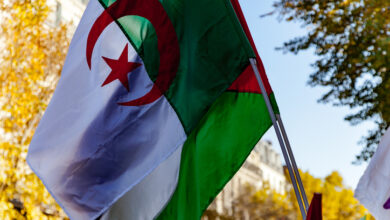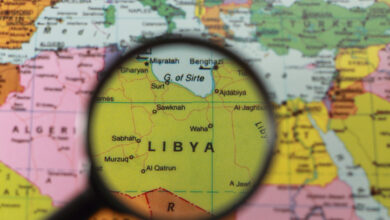World
Botswana: Rhino Poaching Rises At An Alarming Rate In Despite Government Efforts

Botswana’s Ministry of Environment, Natural Resources Conservation and Tourism on Tuesday said Rhino poaching has risen at an alarming rate in the country’s Okavango Delta over the last 12 months. The ministry said that 23 white rhinoceros and eight black rhinoceros have been killed since October 2018, reported Reuters.
“Between April and October 2019, nine rhinos were killed. The unfortunate incidents have increased with 13 more rhinos having been poached from October to date,” the ministry said in a statement.
Alice Mmolawa, the spokesperson of the ministry, said during an engagement with the poachers, seven of them, who resisted arrest, were killed. She said the government has considerably stepped up efforts to address the poaching situation with interventions leading to the recovery of some horns and hunting weapons. She added that the government will continue to do all it can to ensure the protection of the species.
Mmolawa made an appeal to stakeholders including communities and the private sector to support the government in its rhino protection efforts.
“We further call upon members of the community to be vigilant and report any suspicious activities in and around the Okavango Delta to the nearest security agents,” Mmolawa said.
While the Botswana government has kept the actual size of the rhino population a secret, the Department of Wildlife and National Parks Rhino Coordinator, Dr. Mmadi Reuben said in October that if the poaching continued at the current rate then there will be no rhinos in Botswana in a year or two, especially the black rhino, a critically endangered species.
In 2015, Botswana is believed to have benefited when the South African government relocated around 100 rhinos to neighboring countries in order to curb the illicit slaughter of the animals for their horns.
According to conservationists, a rhino horn is worth more than $65,000 a kg with demand rising, particularly in Asia, where some people regard it as a status symbol and is used as medicine.






